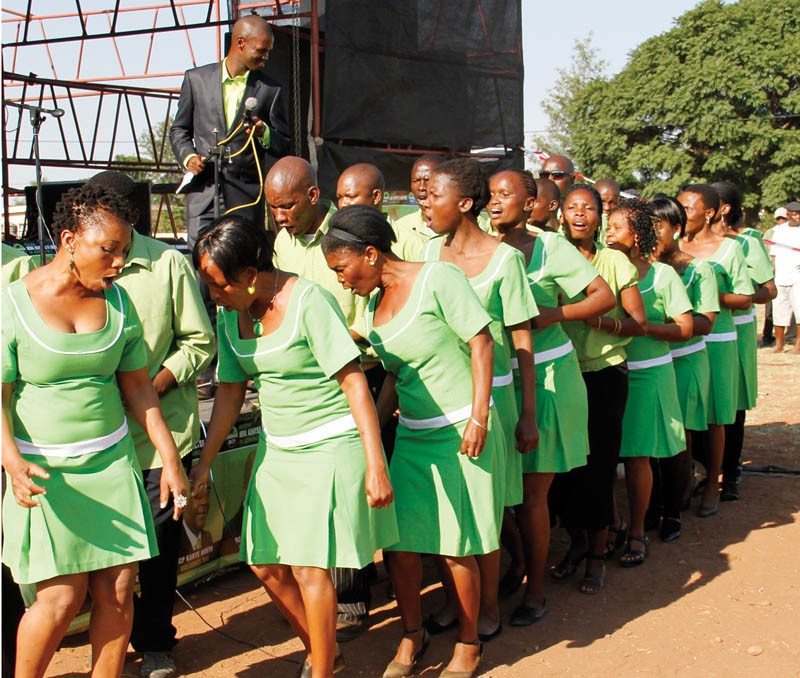BCP women plead for gender protocol
Tsaone Basimanebotlhe | Tuesday August 11, 2015 14:38


Addressing the media last week, league president, Daisy Bathusi said it was imperative that the government demonstrates its political commitment to gender and equality and the empowerment of women.
“The SADC Gender Protocol advances gender equality by ensuring political accountability by all member states,” Bathusi said.
Botswana has refused to sign the Protocol, which contains equity targets and policies, since its inception in 2008, citing ‘steep financial implications’ to the Protocol’s implementation.
Some government officials have also described the Protocol and its language as being too instructive.
Bathusi said women in Botswana are the hardest hit by unemployment and poverty as demonstrated by the fact that they constitute more than 80 percent of Ipelegeng workers.
“Further, over 60 percent of the informal sector businesses are led by women in urban and rural areas sustaining the livelihoods of a significant proportion of the population.
“This sector is confronted with many challenges, which include limited access to productive resources, such as, land, technology, credit and others, which constrains the growth of this sector as a viable sector that contributes to economic growth,” she said.
Bathusi said one of the greatest concerns is that the country has one of the highest numbers of female-led households in the world. She said statistics have shown that despite the current interventions by government, gender-based violence is continually on the rise with no sign of any possible plateau or decline.
“Past research has shown that 67 percent of all households in Botswana have experienced gender violence and the incidence of child sexual abuse is sadly on the increase.
The latest HIV statistics indicate that the prevalence of new HIV infections amongst young women and girls is on the increase with record numbers of new cases recorded every day in our clinics and hospitals,” she said.
The BCP Women’s League president said the representation of women in political leadership is appalling and way below the African Union and SADC target of 50 percent.
This, she said, is despite the fact that women constitute 52 percent of the population.
“An urgent review of the constitution and electoral system is critical so as to embrace a hybrid electoral system, including proportional representation, to broaden the base to increase the political representation of women, the youth and other excluded groups,” she said.
She added: “The Botswana government’s main assertion right now is that though they have not signed the Protocol, they are doing relatively better than those who have signed.
This assertion demonstrates no political commitment and no accountability”.
Bathusi said government must demonstrate political commitment.
